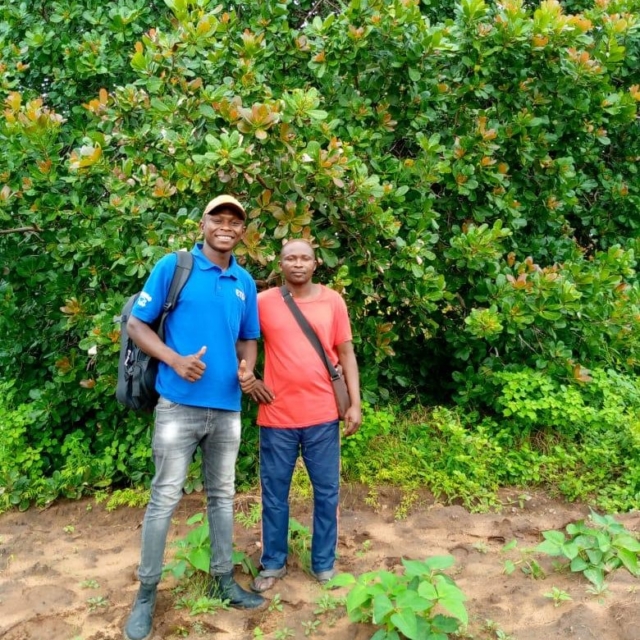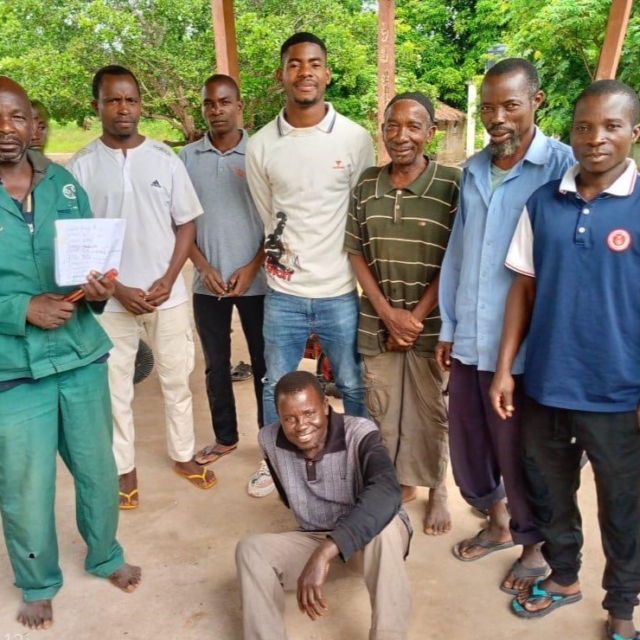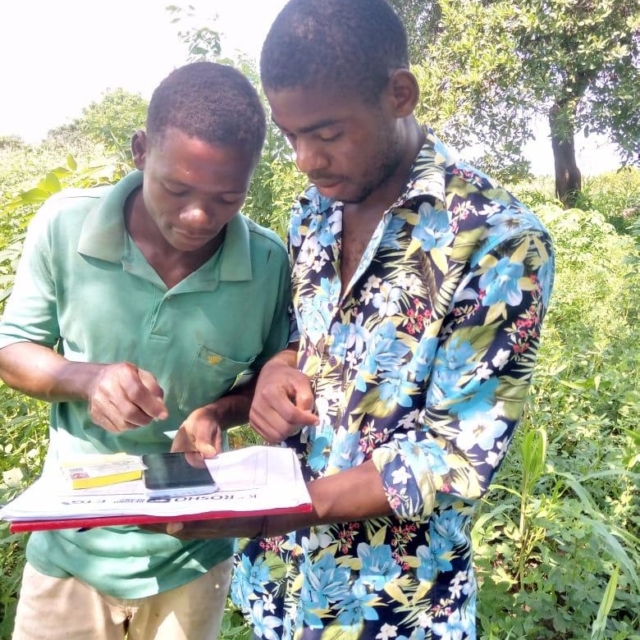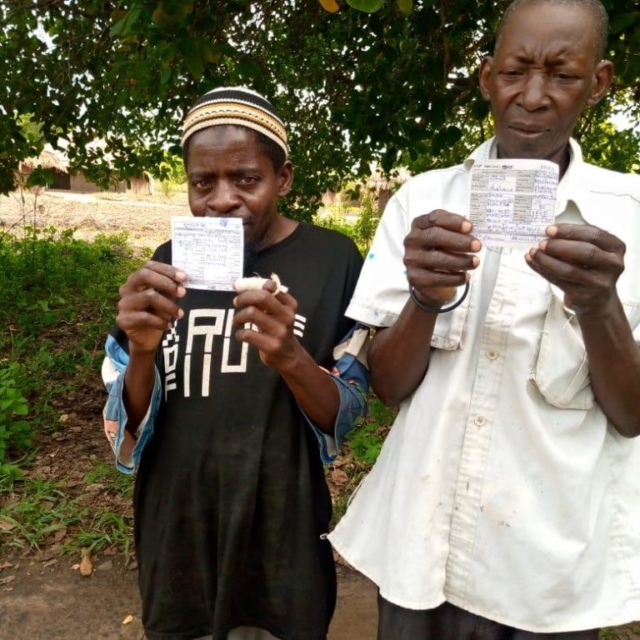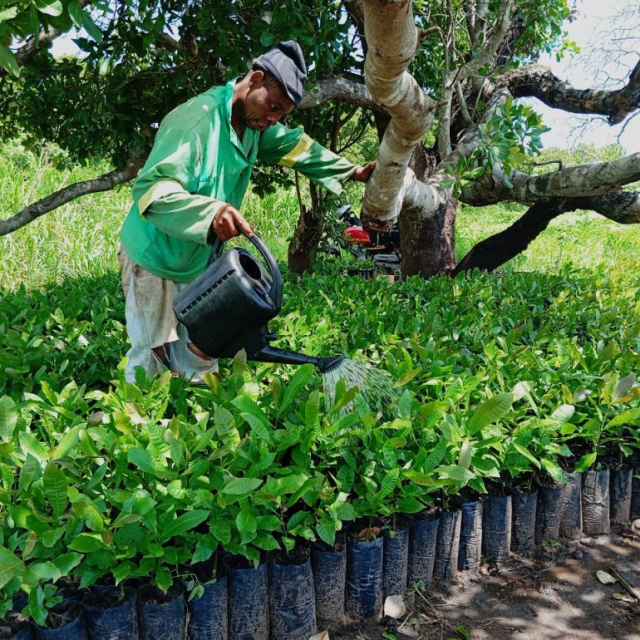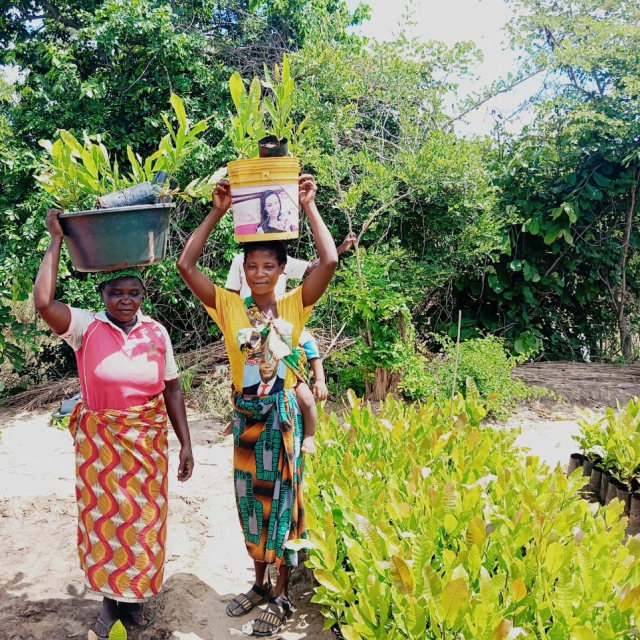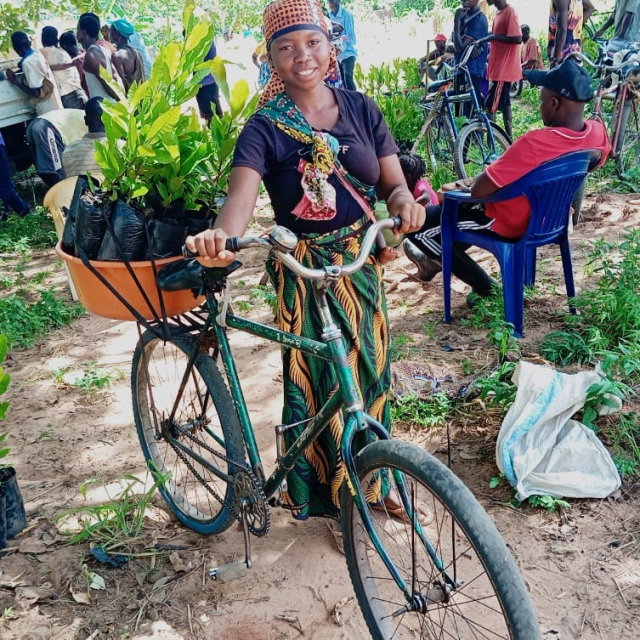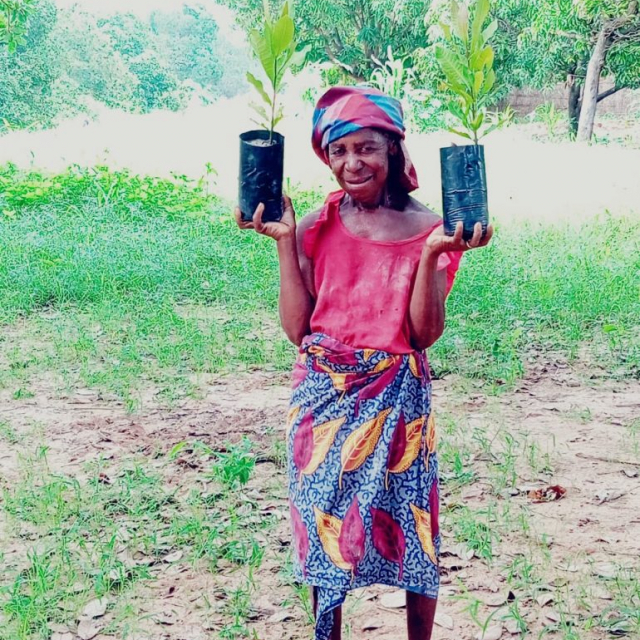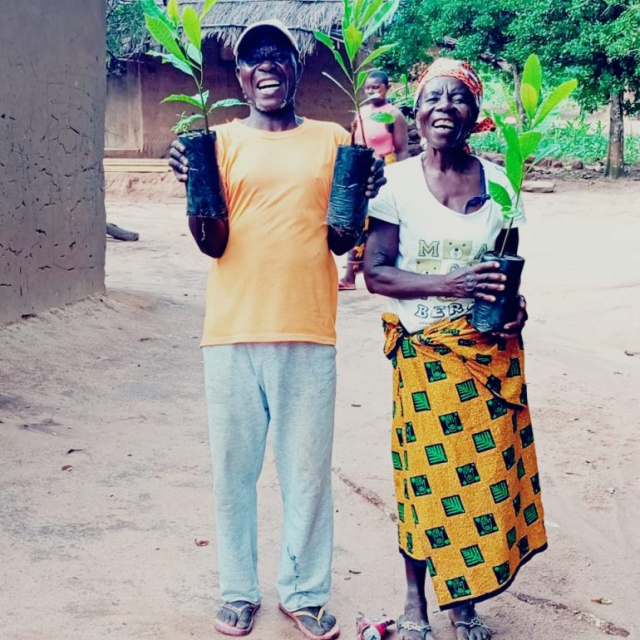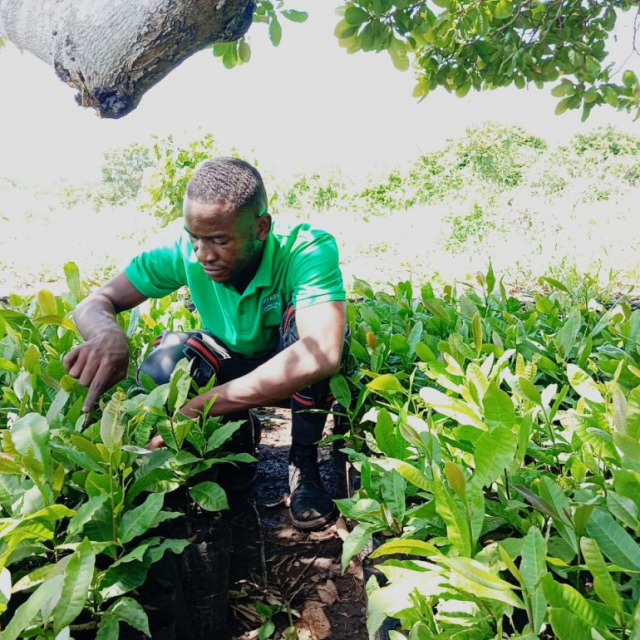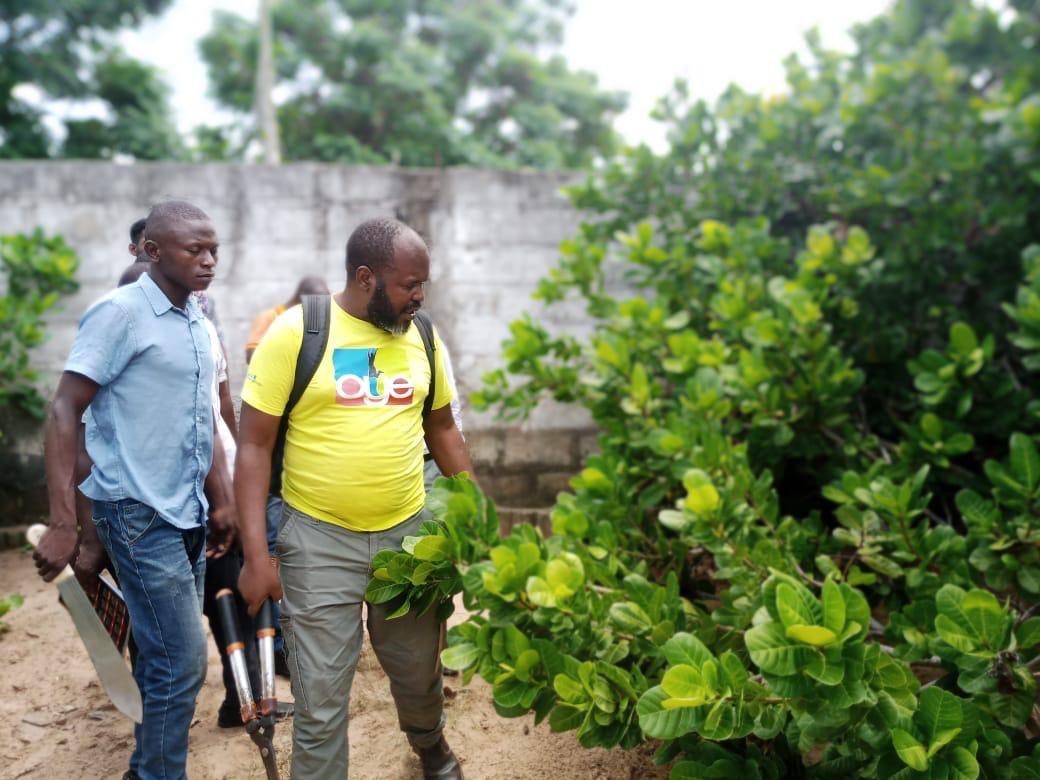
Smart Cashew Project
GOAL
To support Export Trading Group’s (ETG) Korosho Mozambique Ltd. in strengthening its cashew supply chain through the rehabilitation and planting of cashew trees to increase smallholder farmer income, enhance climate resilience, and develop traceability throughout the value chain.
LOCATION
Nampula province, Mozambique
DURATION-
2023
-
2025
FARMERS
5,000
VALUE CHAINS
Cashew
PARTNERS
ETC Group (ETG), Africa Agriculture and Trade Investment Fund (AATIF), USAID- MSP
FUNDING
ETG - $ 945,000
AATIF - $ 162,000
USAID - MSP $ 400,000
Smart Cashew Project
EFF is supporting Export Trading Group’s (ETG) Korosho Mozambique Ltd. in strengthening its cashew supply chain in Nampula province, Mozambique, through the rehabilitation and planting of cashew trees to increase smallholder farmer income, enhance climate resilience, and develop traceability throughout the value chain.
Stakeholders include the Africa Agriculture and Trade Investment Fund (AATIF), USAID through the Feed the Future Market Systems Partnerships (MSP) program, the Instituto Nationale de Amendoas, and the Associacao Mocambicana de Promocao do Cooperativismo Moderno, over a period of 2 years spanning from 2023 to 2025.
Central to the initiative is the capacity-building of Korosho Mozambique Ltd.’s resident team through a comprehensive Training of Trainers (ToT) program on sustainable and scalable agricultural practices, and farmer group trainings on cashew production covering topics such as Good Agricultural Practices (GAP), agroforestry, post-harvest handling, and Rainforest Alliance certification requirements, emphasizing sustainability and environmental stewardship. Climate-smart agricultural practices are also emphasized to mitigate risks and optimize productivity.
Key project activities, achievements, and impact
• Mapping Exercise: Conducted to assess the demand for cashew seedlings, evaluate available resources (land, water, and labor), and secure buy-in from communities and local authorities for establishing community-based cashew nurseries and demonstration plots.
• Community-Based Nurseries: Established nine nurseries with over 250,000 seedlings propagated.
• Employment Generation: Created job opportunities for 36 individuals, including 17 women working at these community-based nurseries.
• Demonstration Plots: Two plots (each 0.5 hectares) have been prepared to facilitate hands-on learning for nursery operators, lead farmers, and community members. Training includes nursery establishment, seedling propagation, and pest and disease management. To date 900 individuals have been trained at these demo plots, with a 28% representation of women.
• Seedling Distribution: Seedling distribution was done with over 5,000 farmers set to receive cashew seedlings for the upcoming planting season starting in mid-February 2025.

